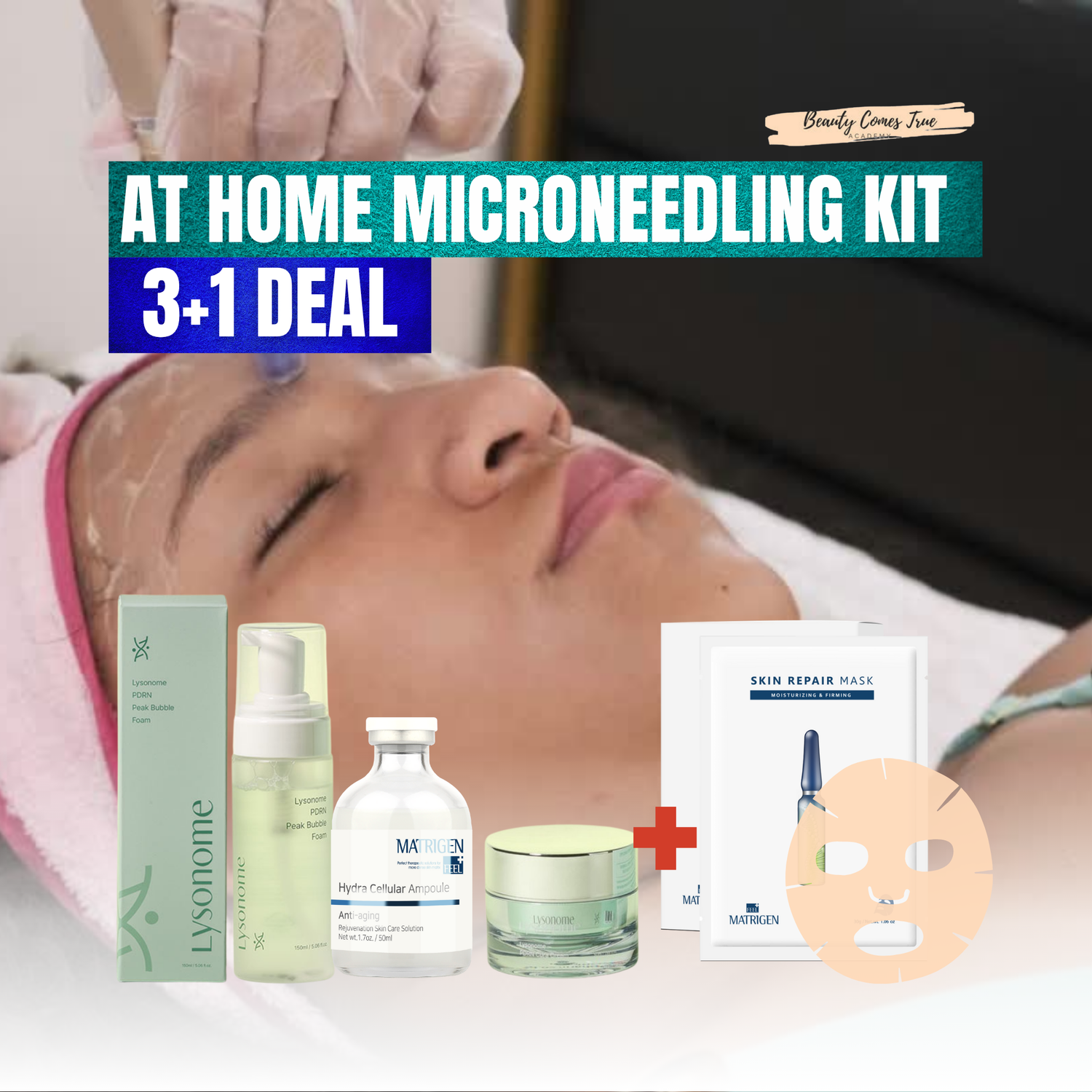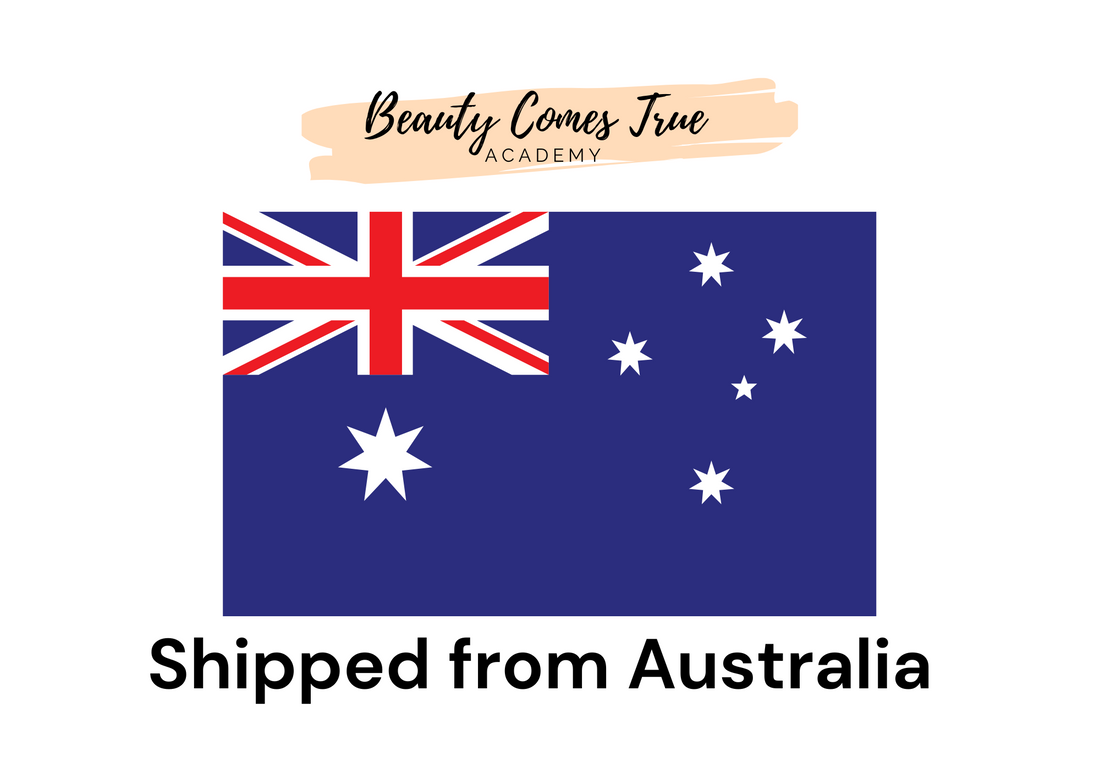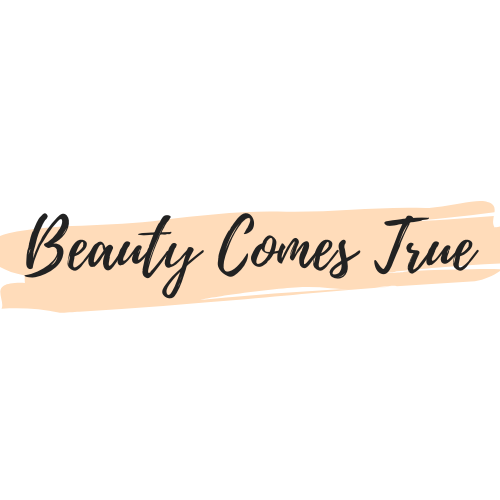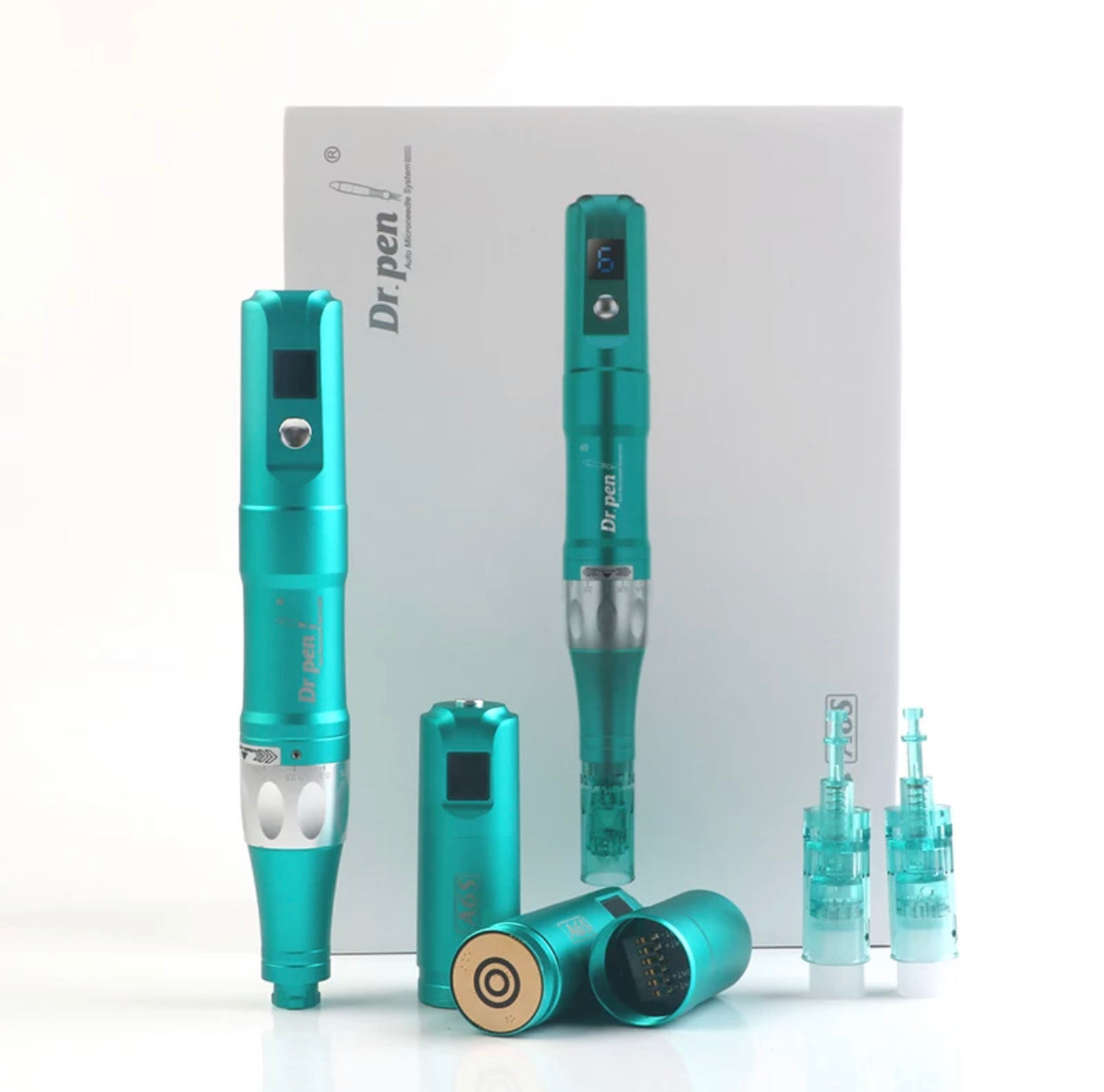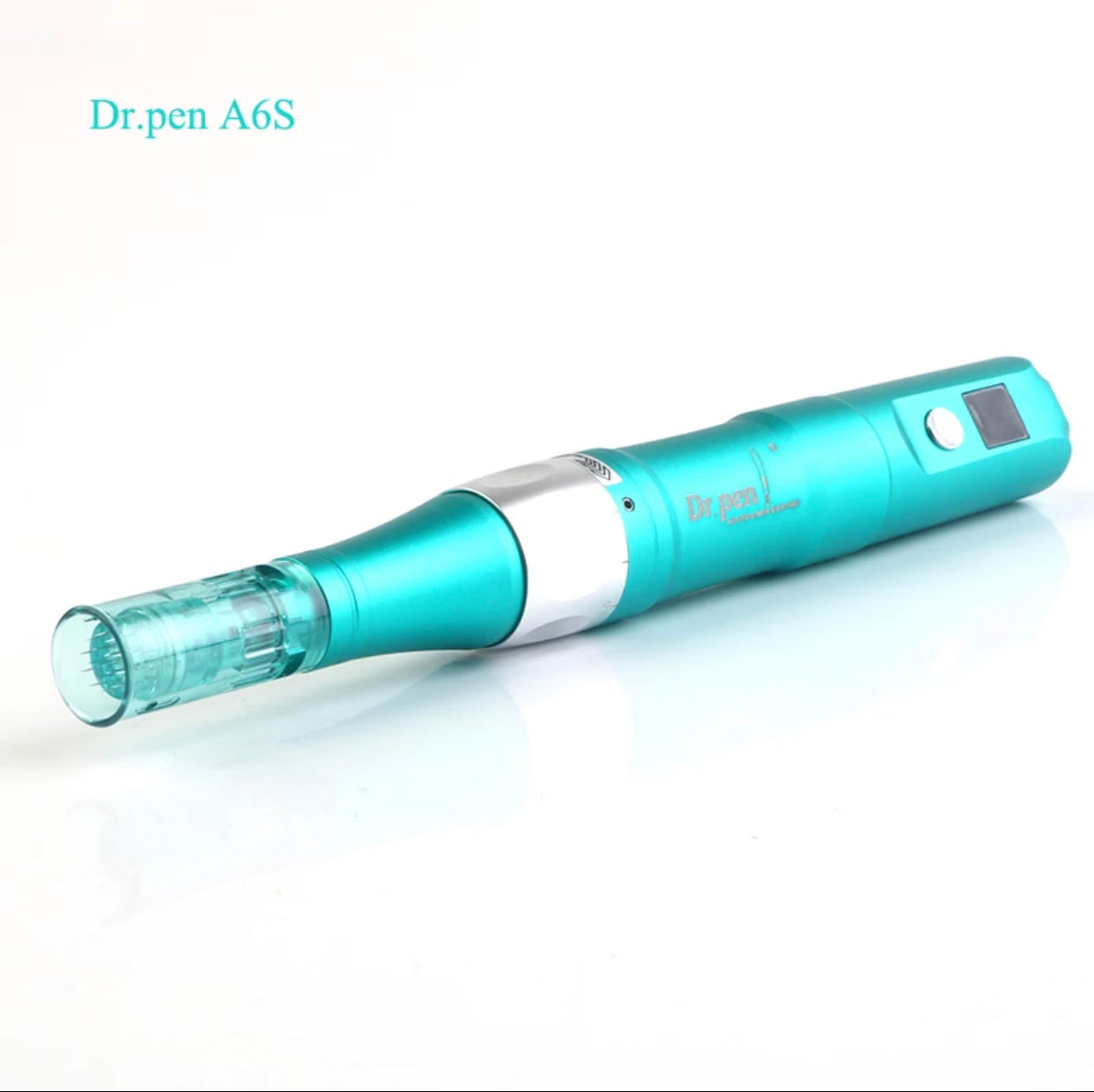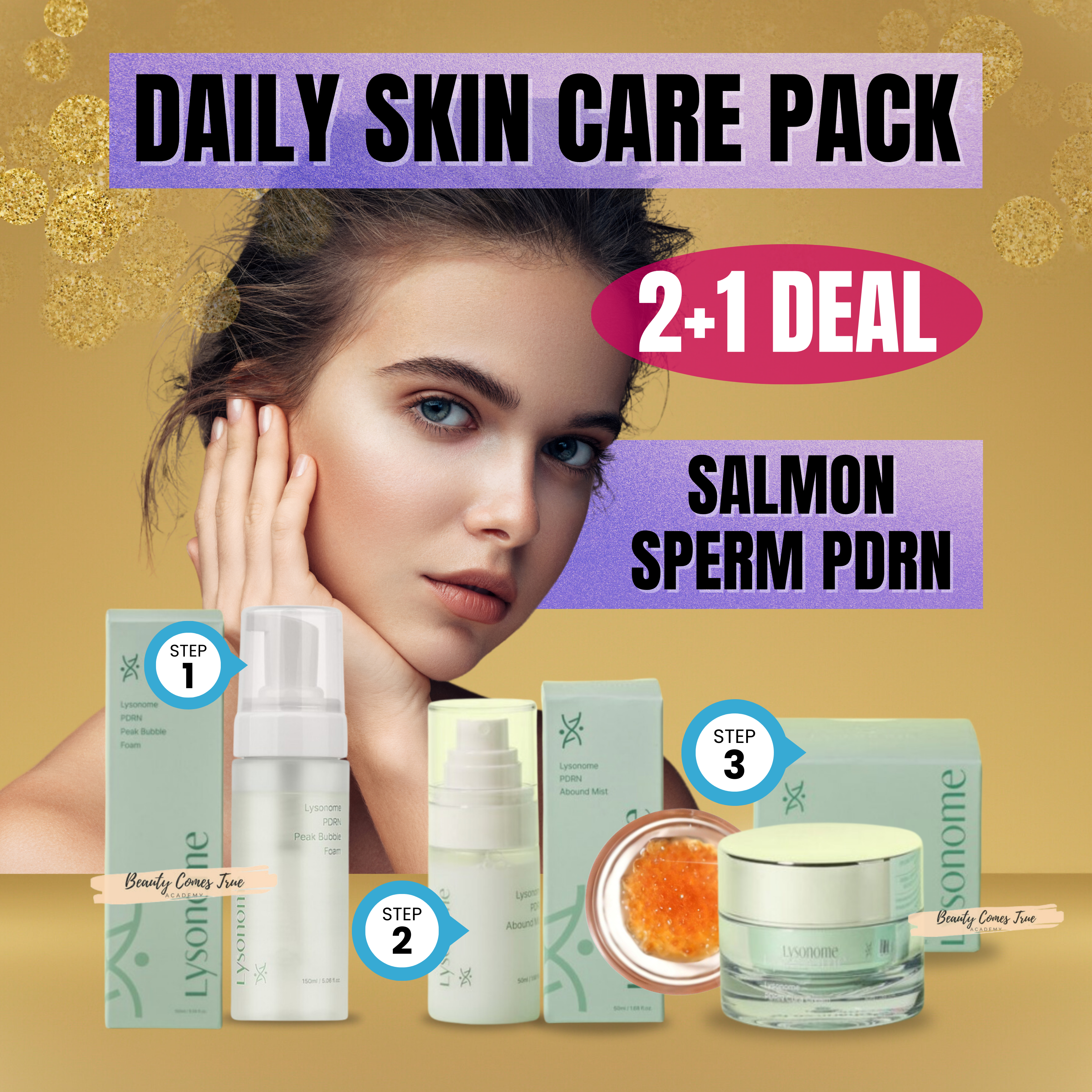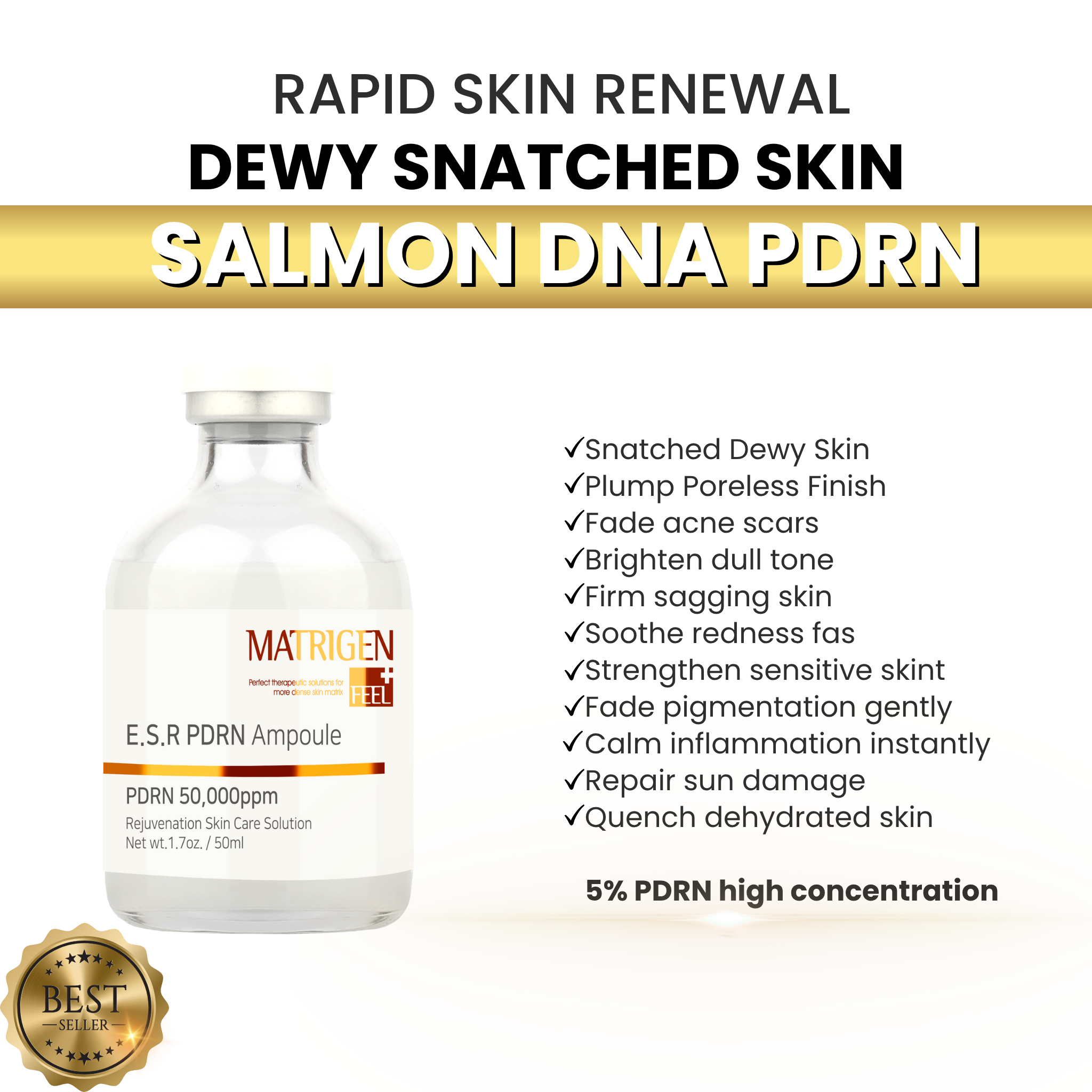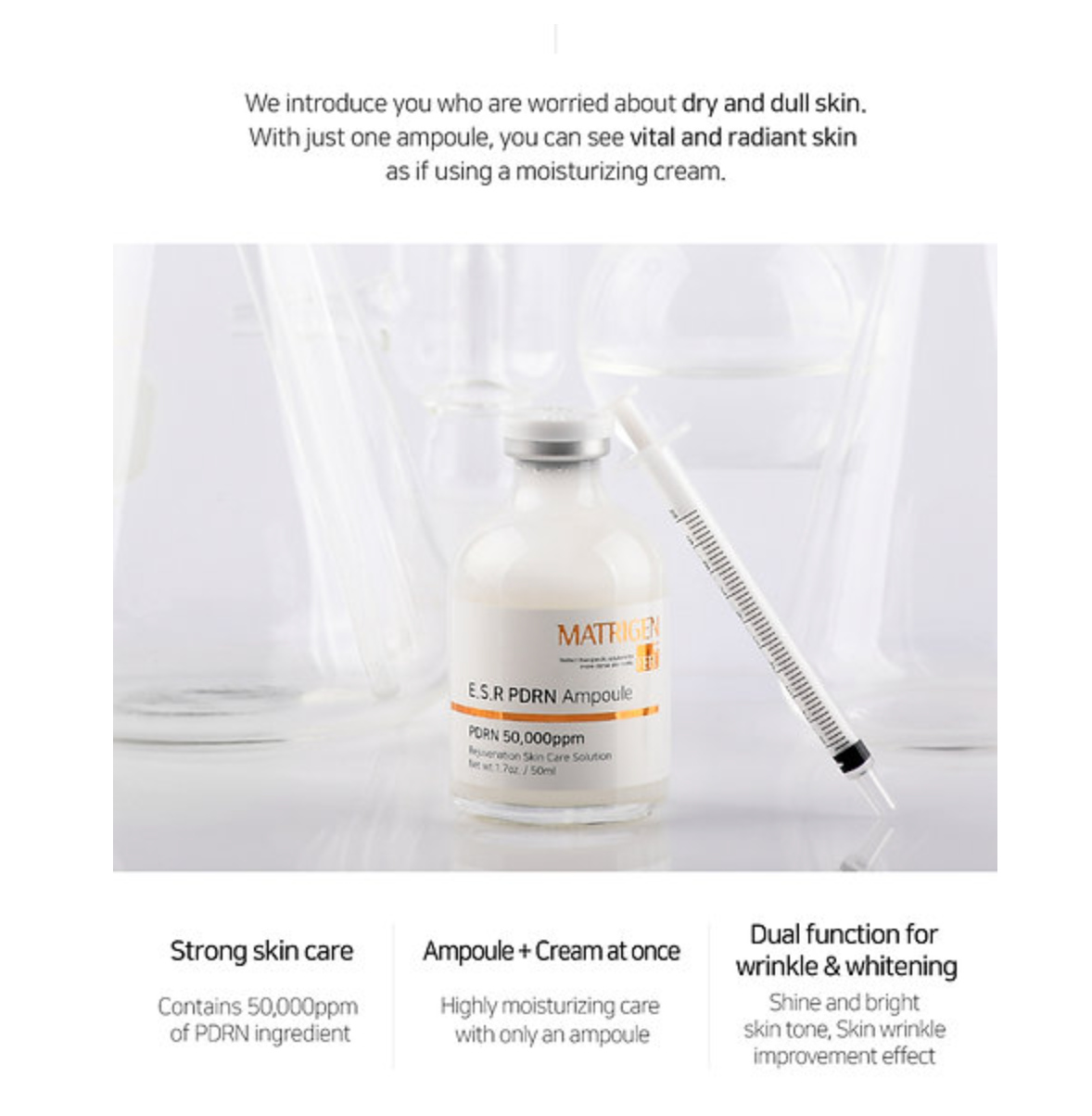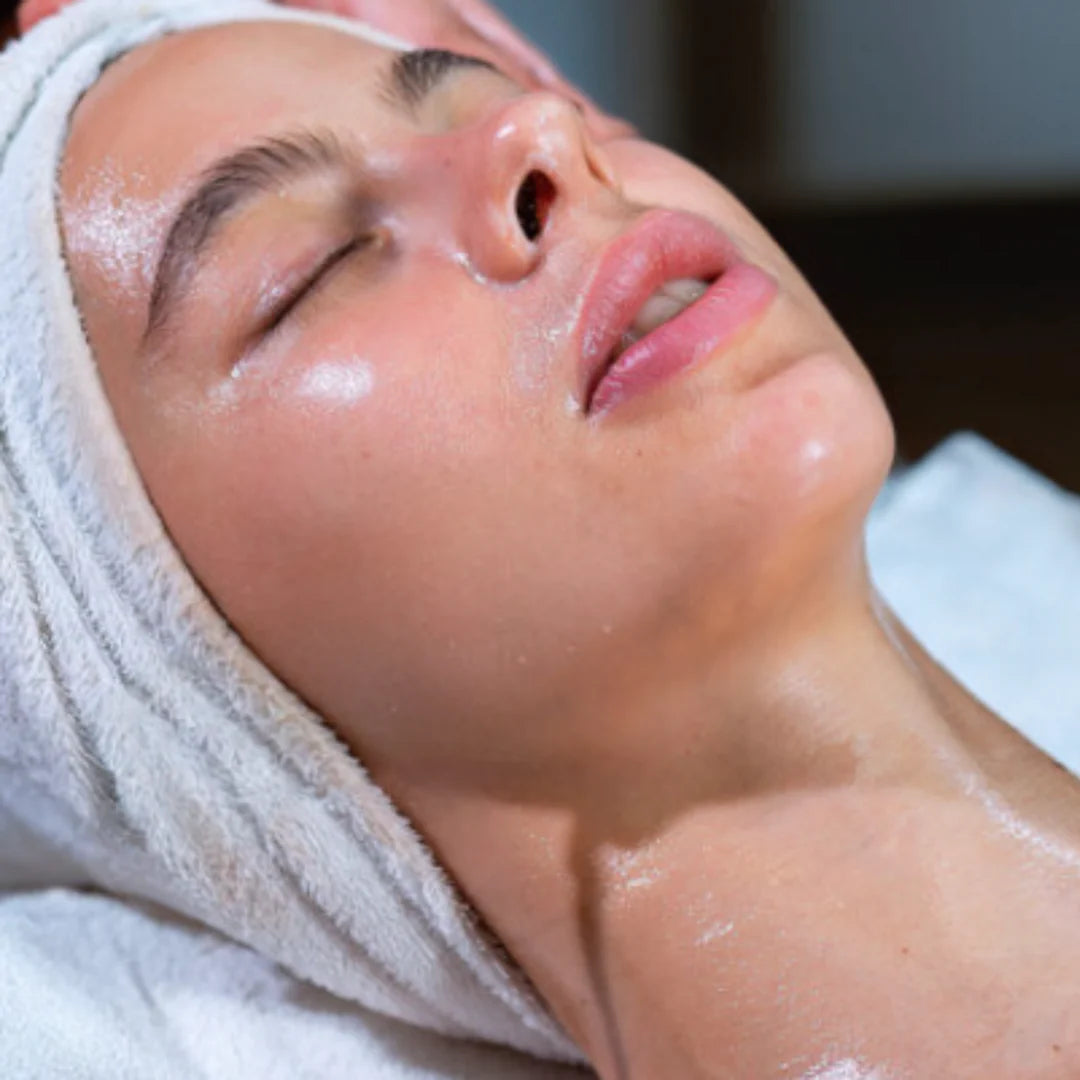Chemical peel course + kit
Chemical peel course + kit
4 Easy, Interest-Free Instalments
Choose your favourite payment method at checkout:
✅ Zip ✅ Afterpay ✅ Klarna ✅ Humm ✅ PayPal
✅ Payment methods available at checkout. Payment plans only work for Australia.
Course & kit
What is in the kit:
- Salicylic acid
- Lactic Acid
- Pumpkin peel or Jesner or Glycolic peel or AHA green peeling gel
- Green peel (korean peel)
- PDRN or peptide skin repair sheet mask
- cleanser
- sunscreen
(some products will look different to what is in the photo)
One of our biggest and longest extensive course. This is a very detailed course about Chemical peels. You will learn over 100 chemical peel types to help you be independent in decisions with skin concerns and when you purchase your products.
Course Content
- Video Welcome
- Welcome
- Workplace Health & Safety
- Insurance
- Chemical Peel Videos with Our Educators
- What is a Chemical Peel All About
- Why We Use Neutralisers
- Favorite Peel to Use
- Life-Changing Experience with Clients
- Step by step
- If Skin Burns & Neutraliser Importance
- After Support Live Class
- Six Weeks Program Info -
- Chemical Peels Class - Part 1
- Chemical Peels Class - Part 2
- Chemical Peels Class - Part 3
- Chemical Peels Class - Part 4
- Chemical Peels Class - Part 5
- Background of Chemical Peels
- History of Chemical Peels
- What are Chemical Peels
- Benefits of Chemical Peels
- Selecting the Right Peels
- AHA vs BHA
- Indepth AHA and BHA
- Sensations with Peels
- Time Product Can Be Left on the Skin
- Discussing Chemical Peels
- Enzyme Peels Mixed with Chemical Peels
- Skin & Serum Benefits
- Skin
- Anatomy of the Skin
- Function of the Skin
- Ageing of the Skin
- The Effects of Glycation
- Skin Analysis
- Skin Types
- Skin Conditions
- Explanation of the Fitzpatrick Scale
- Melanin Production
- Skin Color
- Chemical Peels for Men
- Makeup After Chemical Peels
- Selecting the Right Peel
- List of Chemicals Used and Their Origin
- List of Chemicals Used in Chemical Peels
- Types of Chemical Peels and How to Use Them
- Fitzpatrick Scale - Who You Do Not Treat
- pH Level (Important)
- Which Peel to Use with Each Skin Concern
- Active Acne and Teenage Acne
- Acne Scarring
- Aged Skin
- Blackheads
- Blemishes
- Congested Skin
- Dark/Sun Spots
- Dehydrated Skin
- Inflamed Skin
- Hyperpigmentation & Autoimmune
- Melasma
- Rosacea
- Scars
- Stretch Marks
- Sensitive Skin
- Uneven Skin Tone & Skin Whitening
- Whiteheads
Chemical Peel Products
- Salicylic Acid
- Jessner
- Glycolic Acid
- Azelaic Peel
- Probio Peel
- Pyruvic
Normal Reactions to Peels
- Skin Conditions That Benefit from Chemical Peels
- Contraindications to Peels
- Understanding the Healing Process
- Preparing the Skin
Lactic Acid
- Lactic Acid
- Lactic Acid Interview
Glycolic Acid
- Glycolic Acid
- Glycolic Acid Video
Salicylic Acid
- Salicylic Acid
Chemical Peel Procedures - Pumpkin Peel
- Skin Analysis and Applying the Vitamin C Cleanser
- Applying the Exfoliant
- Applying the Chemical Peel
- Removal of the Peel and Application of Serum
- Infusing the Serum into the Skin
- Mask Application
- Completing the Treatment and Client's Reaction
Case Study 1: Layering Chemical Peel Facial
- Part 1 - Basic Facial with Chemical Peel
- Part 2 - Basic Facial with Chemical Peel
Case Study 2: Chemical Peel - Salicylic Acid
- Cleansing the Skin
- Using the Sonic Skin Scrubber
- Application of Salicylic Acid Peel
- Completing the Treatment
Labo Peel KOREAN green peel skin
- Bubble Cleanser & 2 Step Modelling Mask
- 2 Step Modelling Mask & Peel
- Labo Peel
Labo Peel Case Studies
- Explanation of Labo Peel
- Back Labo Peel
- Facial Labo Peel
- Case Study Effects and Journey
Downloadable Information
- Client Consent Form
- Consultation Form
- Theory Assessment
- Photo & Video Release Form
- Client Consultation and Consent Form
- COVID-19 Liability Waiver and Release Form
- Cancellation Policy
- Client Treatment Record
Skin Care
- Skin Care
Checklist for Starting a Business
- Checklist
Video: Anti-Aging
- Chemical Peels Session - Part 1
- Chemical Peels Session - Part 2
- Chemical Peels Session - Part 3
- Chemical Peels Session - Part 4
- Chemical Peels Session - Part 5
Chemical peels is the next level up to facials. This can help with scarring, active acne, soften wrinkles and many more. One of the most used facials you would ever need in your beauty salon to help clients more than ever and will bring you consistent clients.
When you think chemical peel most people think it will burn your face off, it is clearly not when you are trained properly. There are different level of chemical peels and most of them are gentle on the skin but there are some advanced chemical peels where you need to be taught very carefully and this is what you will learn here.
More knowledge ! More products ! More skin concerns and more income so you can understand more about your clients needs !
Chemical peels can have an instant result that can leave your clients and your skin looks like new. It can help target skin concerns like
🌷hyperpigmentation
🌷Certain acne types
🌷Sun damaged skin
🌷Scarring
🌷clogged pores and many more skin concerns..
For anyone looking to advance your skin career this course is perfect for you.
Superior to the standard facial or peel, our Chemical Peel Facials Courses empower you with all of the information and skills necessary for providing lasting visible results that clients can't resist. Enter your best skin now. Once completed and mastered these skills can be used to switch over from traditional facials services to premium treatments at your salon instead!!
Chemical peels is next level facial. Not only does our course come with the beauty therapy way of being taught, we teach you the way dermal therapists teach and their advice. This course covers all the peels that are important and common to use and also the newer peels on the market.
You will learn chemical peels that include: Jesner, pumpkin peels, glycolic, salicylic, azelaic, pyruvic and many more new peels on the block. We also teach you how to pretreat the skin, because you cannot just apply peel on anyone. There is a special way to prep the skin.
INTRODUCTION TO CHEMICAL PEELS
What you will learn
- What are Chemical peels
- History of Chemical Peels
- Benefits of using Chemical Peels
- Basic Peels available and what they are best used for:- Lactic Acid, Salicylic Acid, Glycolic Acid
- Percentage of Peels
- Precautions to using Peels.
- Normal reactions to Peels
- What treatments can you incorporate with peels
- Preparation of the skin
- Application
- Post care advice and many more video case studies.
Duration: Learn as you go.
Treatments: Usually cost between per hour $80 - $250
Practicals: Yes we need video footage or a live call to be assessed.
- Assessments - verbal answers direction from your tutor.
- Appointment based
Entry Requirement & Prerequisites : None
Depending on our educator you will have to do a live zoom call assessment or send out video footage of your assessment. You will only be certified after our educator has approved your technique.
After support:
We are known for our after support, so we believe the real skill is after you learn. We pride ourselves in knowledge so this module is always updated for your knowledge.
Learn at your own pace and get ready to be assessed by our educators when you are ready online with personal interaction. With this interaction we want to know all of our students so we can have constant communication in helping you the best way we can.
No refunds with all courses.
Let customers speak for us
Couldn't load pickup availability
Your payment information is processed securely. We do not store credit card details nor have access to your credit card information.
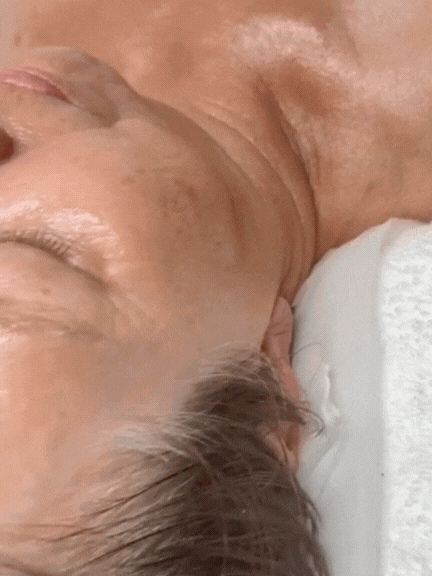
Selling transformations
Clients need you and we give you the tools to help you fix their skin, but also keep you booked.
Our students work
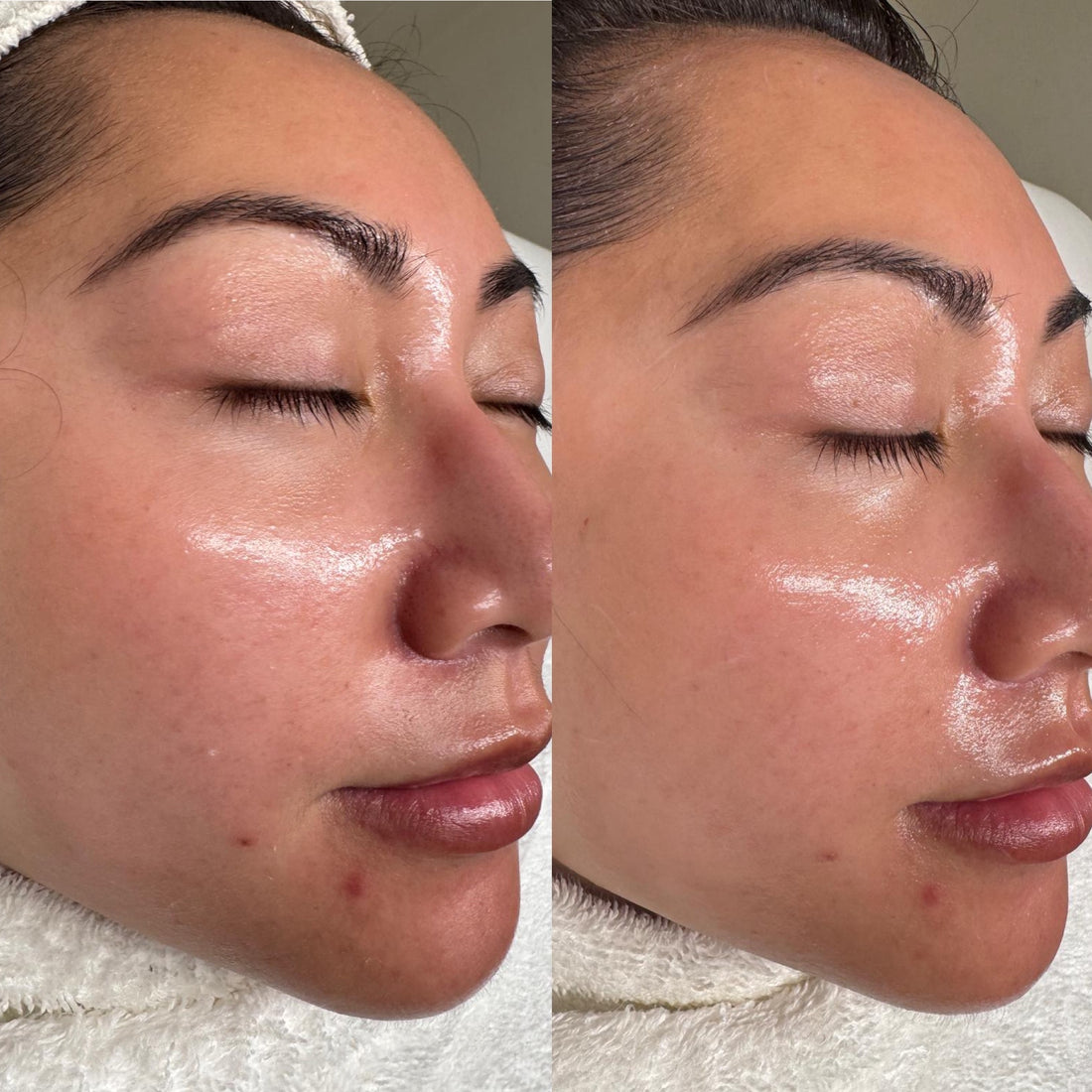
Glass facials
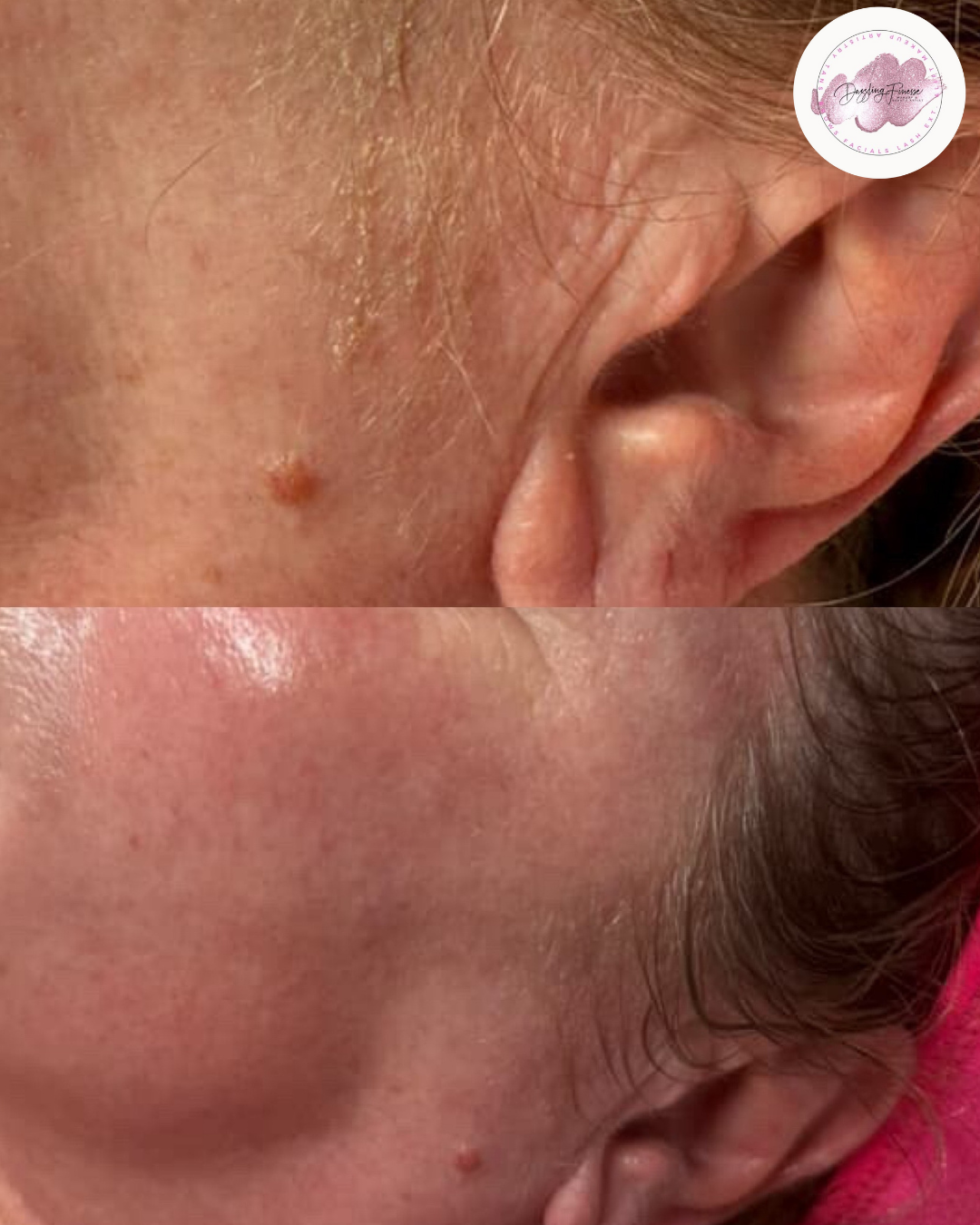
Glass facials
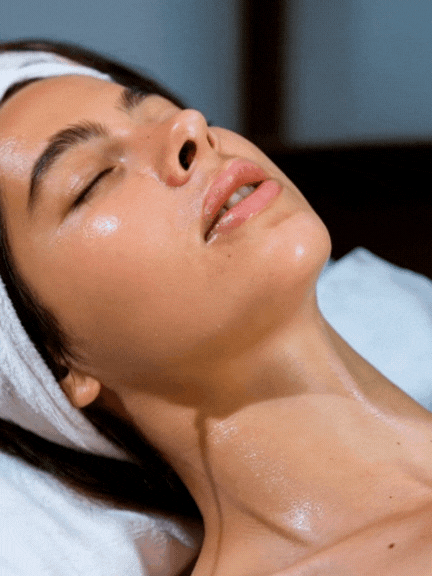
Glass facials
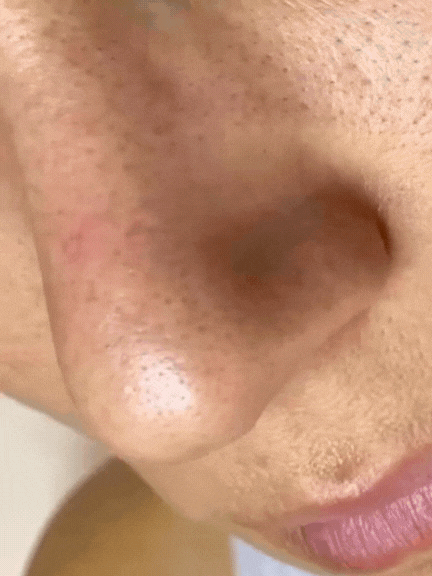
Glass facials
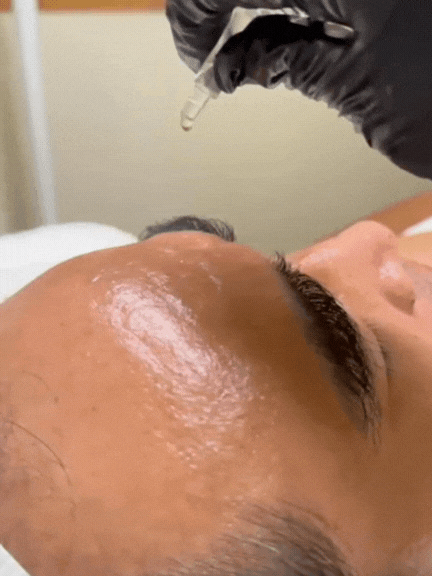
Glass facials
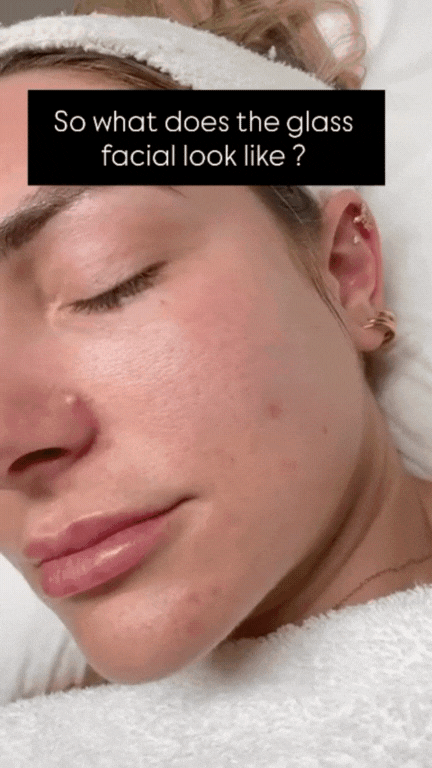
Glass facials
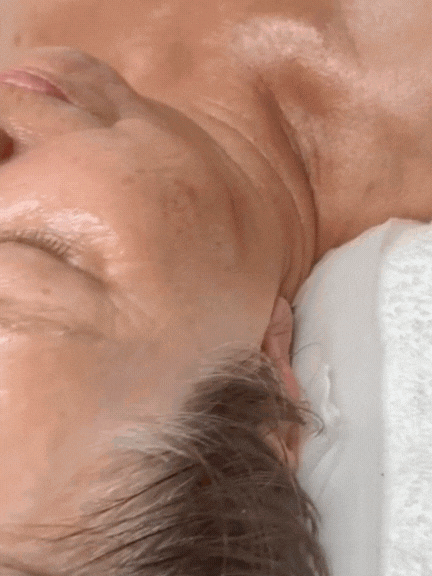
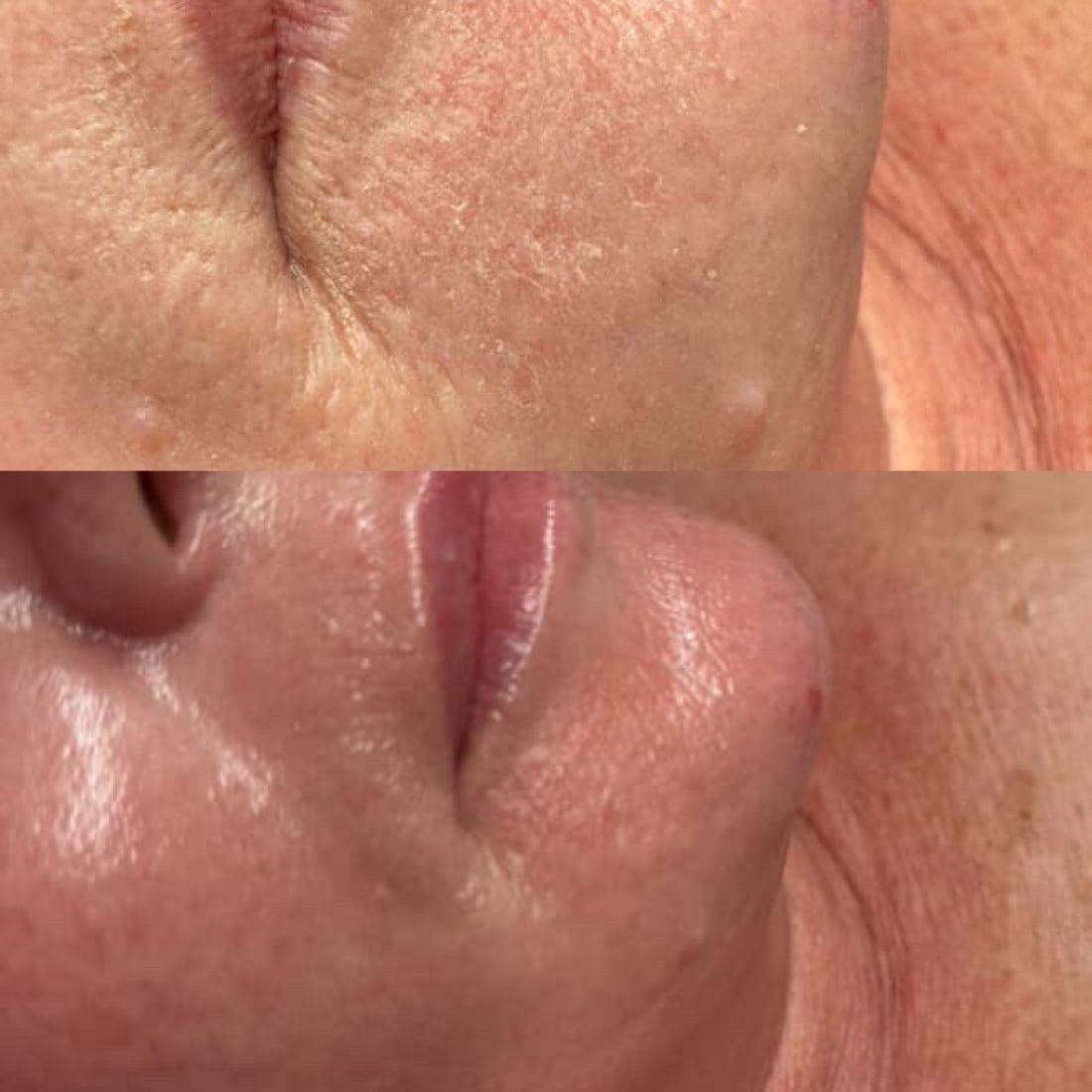
Glass facials
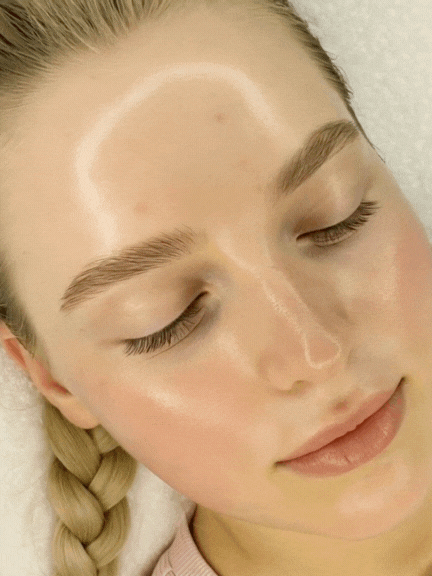
Glass facials
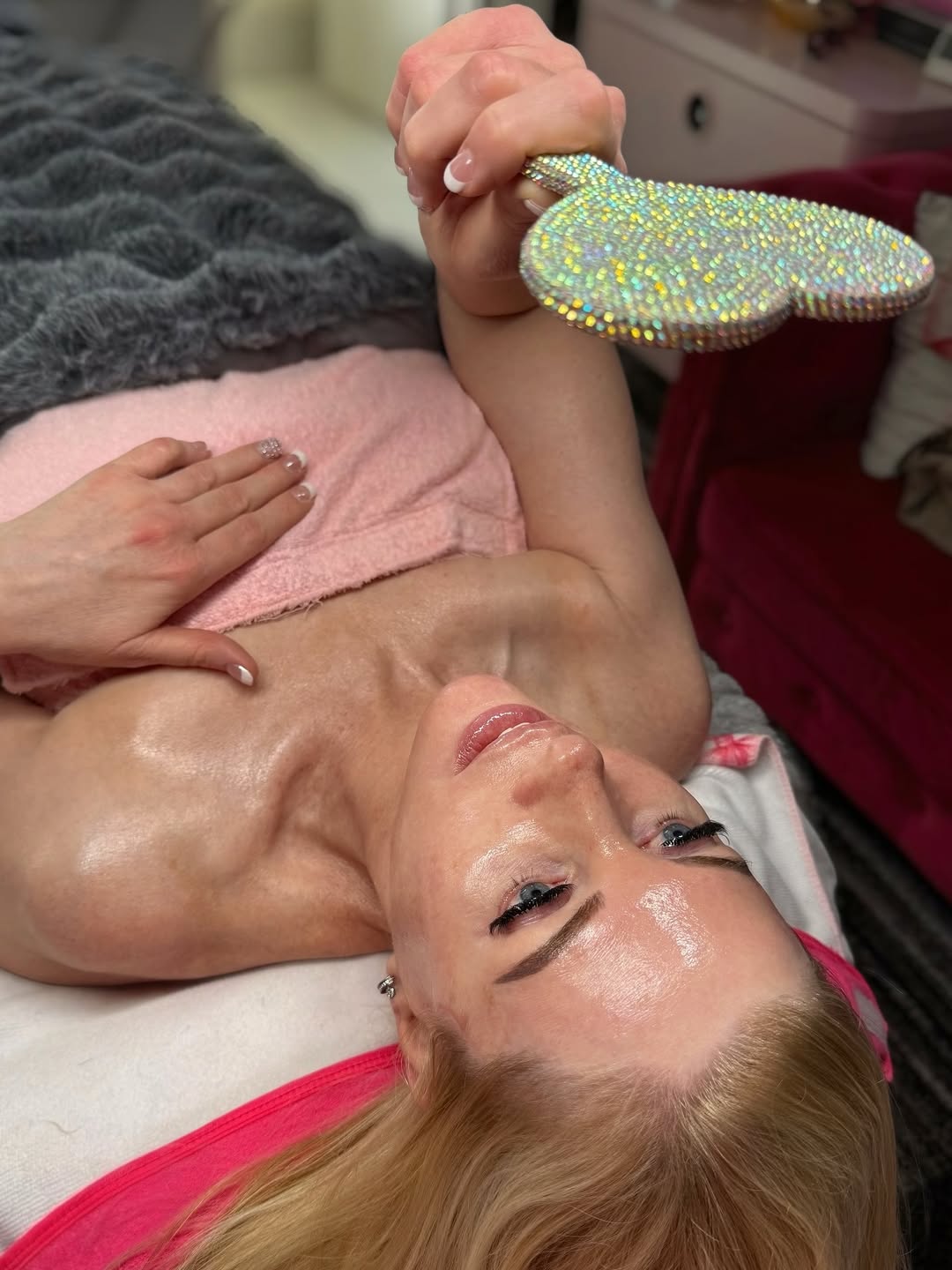
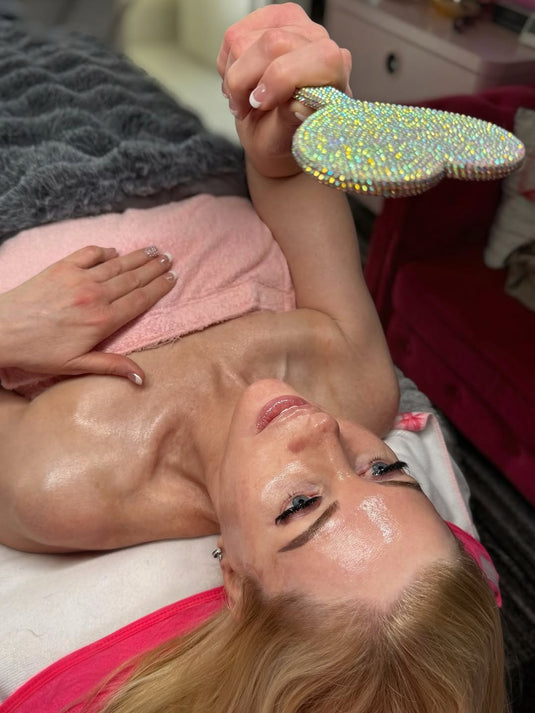
Glass facials
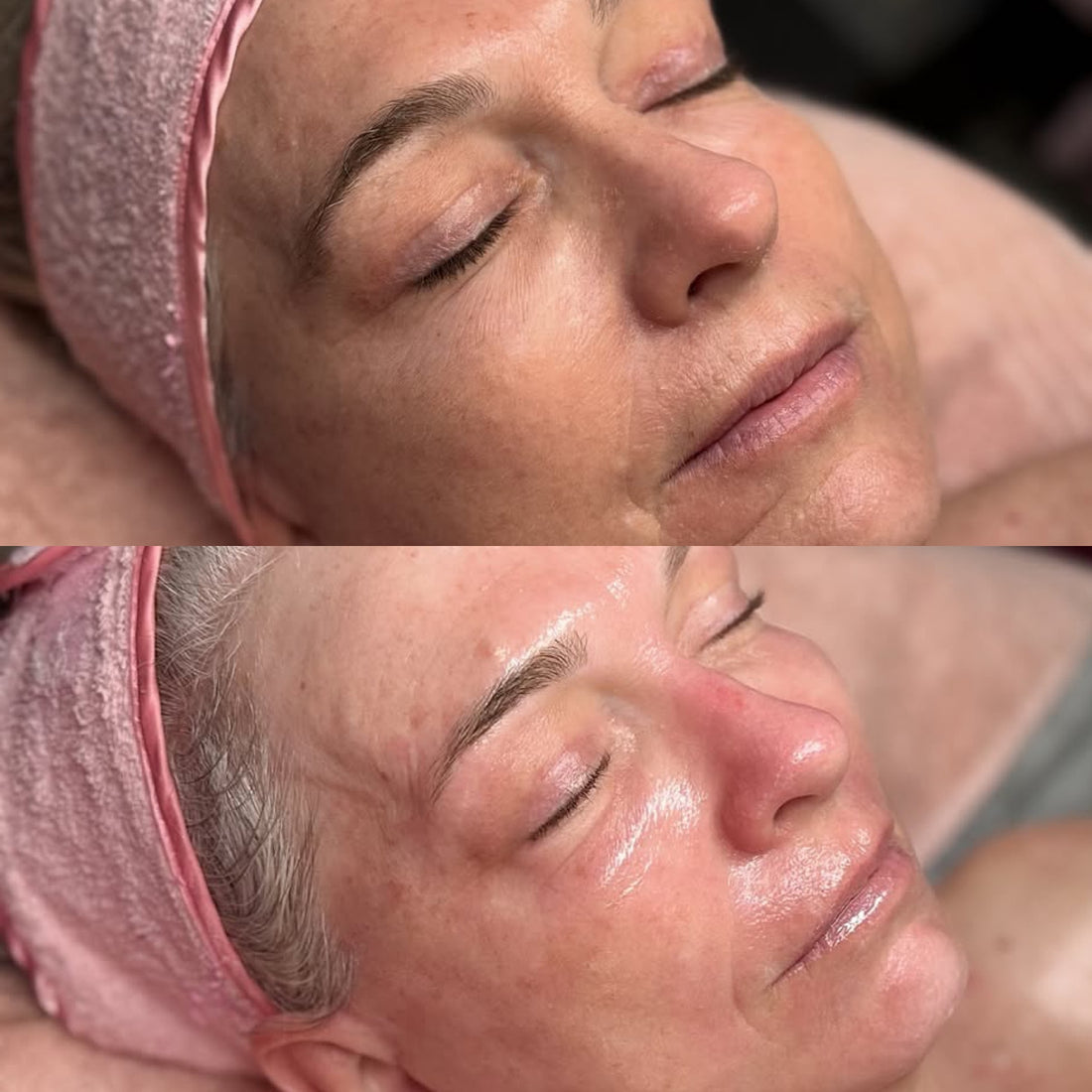
Glass facials


Glass facials

Glass facials

Glass facials



